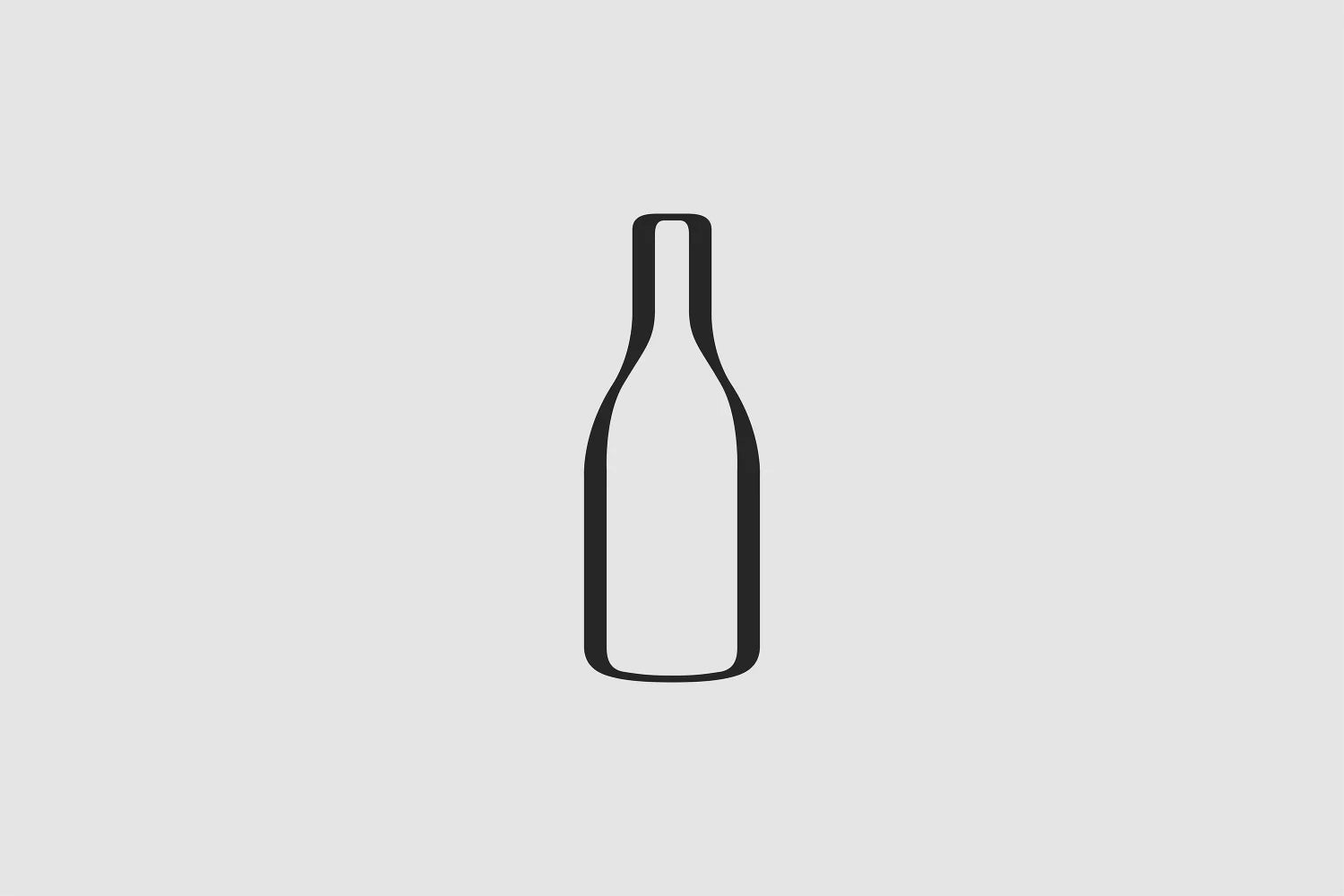Historic producers like Quinta da Boavista are the heart and soul of wine, and experiencing this evocative, just-released 2002 red creates a memory of a lifetime. I fully believe that if you have this wine once, it will stay with you forever. It’s always exciting to nail the blind tasting trifecta of vintage, grape, and region, but the rarest skill of all is singling out the specific producer. Granted, only a tiny percentage of people in the world can do this and even fewer producers can craft such a distinctive bottle of wine, but after trying “Terras de Tavares” you’ll be able to achieve this rare feat if ever presented with it again.
The aromatics are astounding, perplexing, even—is this a top old-school Barolo?—and I remained fixated on my glass as the wine’s importer recounted its incredible creation: All-natural vines that are at least 80 years old; winemaking without intervention; and extended barrel/bottle aging all contribute to this wine’s inimitable character. For over a decade, owner João Tavares de Pina went down into his cellar and repeatedly sampled this wine until deemed ready—it was finally released in 2017. That said, minuscule portions have reached our shores and you’ll struggle to find it elsewhere unless you knock on João’s door. We can offer up to six bottles per person today and I highly recommend you take it, should you want an unforgettable sensory experience!
Quinta da Boavista is owned by the Tavares de Pina family in the rural municipality of Penalva do Castelo, located in the northwestern Portuguese wine region of Dão. Their humble operation consists of pure, traditional winemaking; horse breeding; and a small production of Serra da Estrela cheese. The quinta dates back to the late-1700s and vineyard work here has always existed at the forefront, but it wasn’t until recently they stopped selling to co-ops and started bottling their own wines. In a region where 85% of the wines are still produced by a cooperative, just being independent is a rarity—but winemaker João Tavares de Pina takes it much further than that...
João is a farmer first and foremost. That’s his ironic secret to winemaking—stay out of the cellar and live amongst the vines. Rather than follow the structured guidelines of a certification board, he believes ‘being organic’ simply means doing nothing or as little as possible from start to finish. João told his importer that all he needs to make wine “is grapes, water to clean his equipment, and a touch of sulfur at bottling.” He doesn’t follow trends, he doesn’t even know the trends—he just farms naturally, i.e. the “traditional” way. Their 17 acres of granite-rich, high elevation (~1800 feet) vineyards live amongst oak trees and eucalyptus, with bees and birds buzzing and flying about. Chamomile, lavender, and clover are planted throughout the vines as natural protectants and João rarely treats the vines with anything—in some years, the entirety of João’s “vineyard management” is mowing between the rows! The grapes for this wine—40% Touriga Nacional and 60% Jaen (a.k.a. Mencía)—were hand harvested and co-fermented with indigenous yeasts without temperature control. Following fermentation, the wine stayed in contact with its lees for six months and was then transferred into very old 400-liter French barrels for 36 months. It was bottled unfined and unfiltered, and remained untouched in their cool cellars until the beginning of 2017.
The 2002 “Terras de Tavares” reveals an opaque dark ruby core moving out to a hazy, soft ruby rim with faint orange hues. Due to it being unfined, unfiltered, and over 15 years old, there is sediment present, so be sure and stand the bottle upright 24-48 hours prior to opening. The seductive nose shows powerful earthiness and pungent florality—if I were blind tasting with a group of sommeliers, aged Barolo from ultra-classic producers would be a popular guess. But again, after familiarizing yourself with this singular wine, you’ll forever commit it to memory. Expect aromas of jasmine, lavender, pomegranate, sage, vintage leather, dried berries, orange peel, forest floor, potpourri, dried herbs, a touch of white pepper, and strawberries with balsamic. The medium-plus palate is still incredibly structured, with grippy, yet smooth, tannins and a beautiful lift of freshness on the finish. It’s driven by earth and minerality all the way, with delicate red and black fruits peeking through dried floral components. We tracked the evolution of “Terras de Tavares” over the course of five hours and it didn’t once show an ounce of fatigue, leading me to believe there’s still 5-10 years of life left on this incredibly exotic Dão red. Decanting is optional, but you should take your time consuming this wine so you can explore the additional intricacies that come with oxygen exposure. Serve in Burgundy stems around 60-65 degrees and match it with a tender venison filet in a wild mushroom sauce. Cheers!
